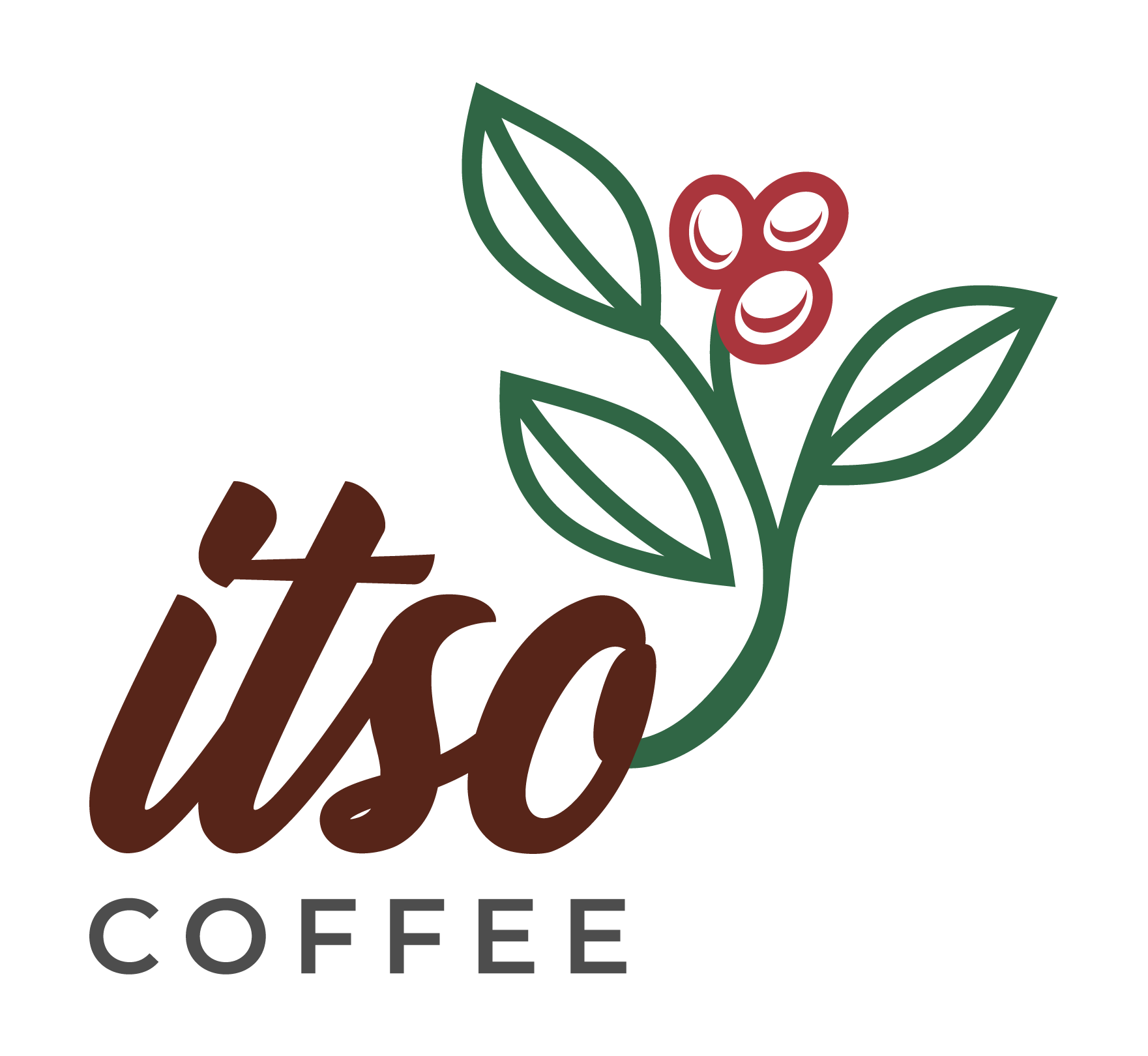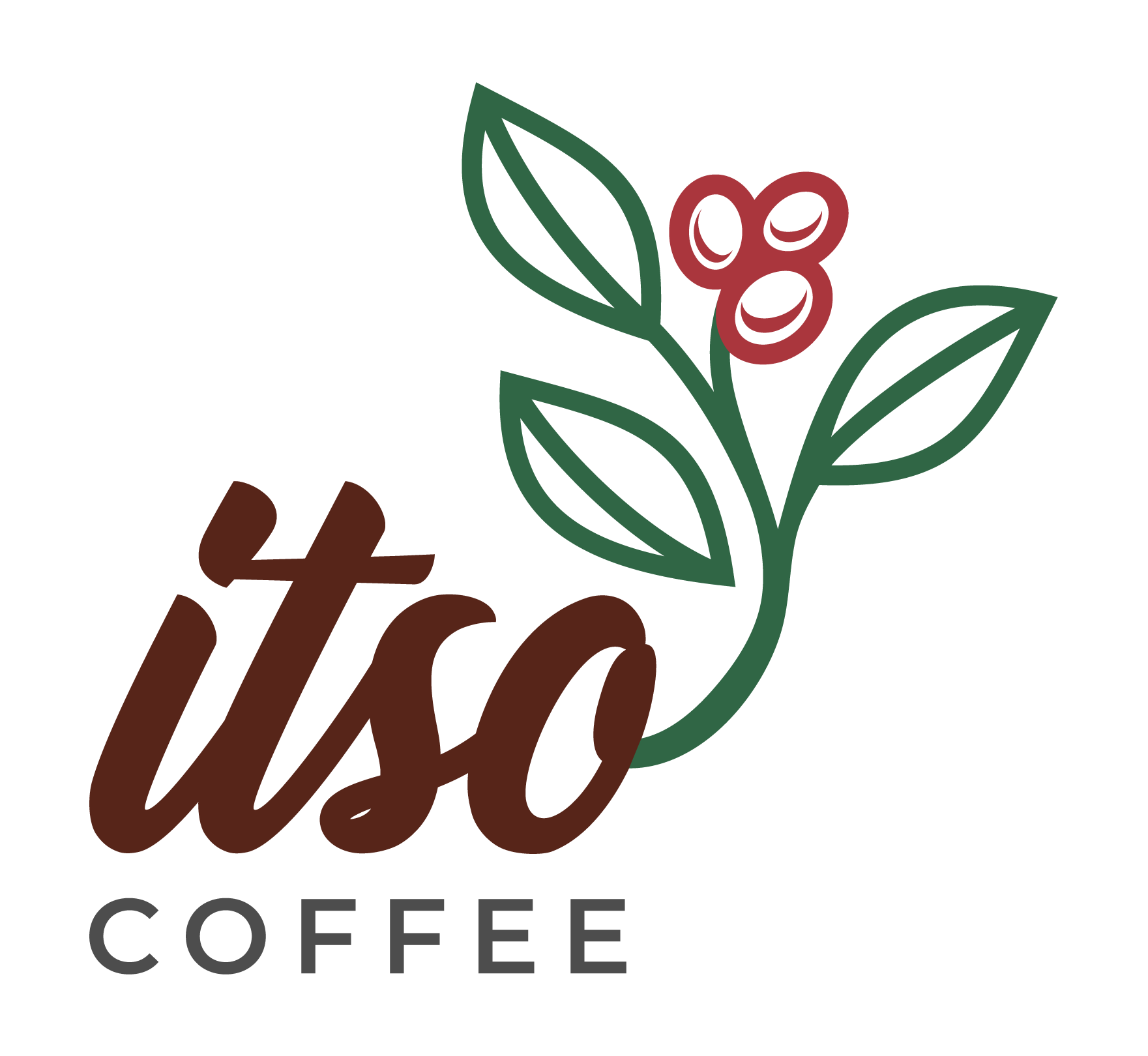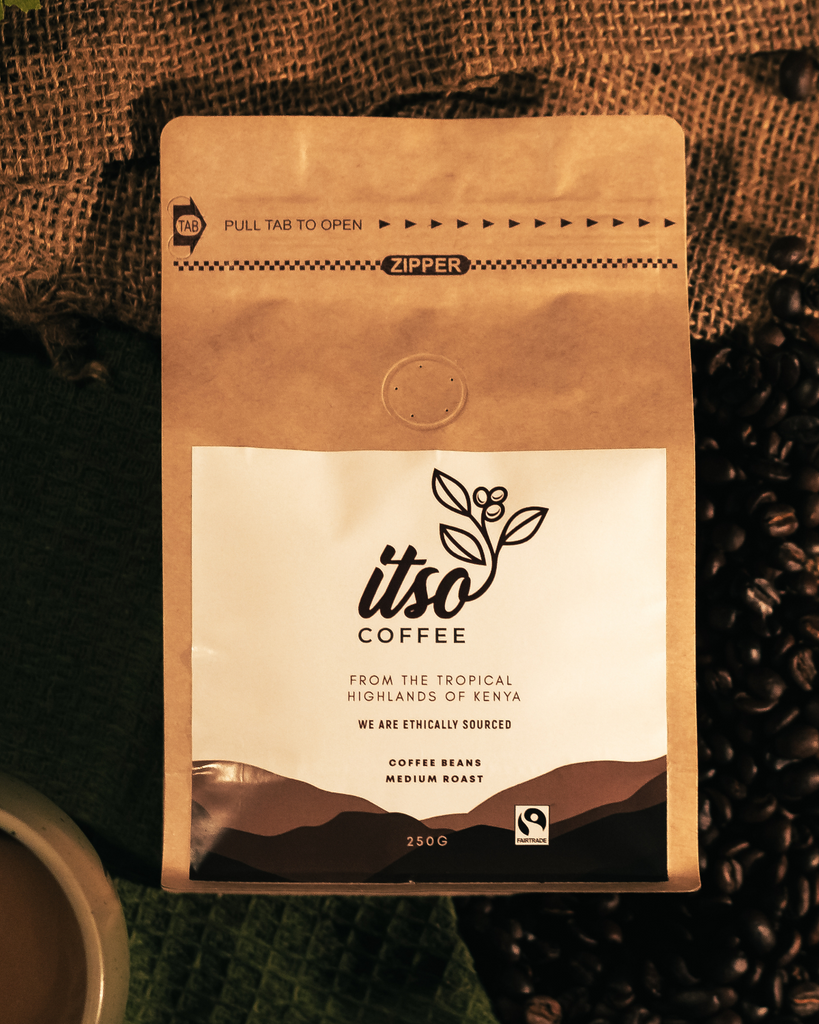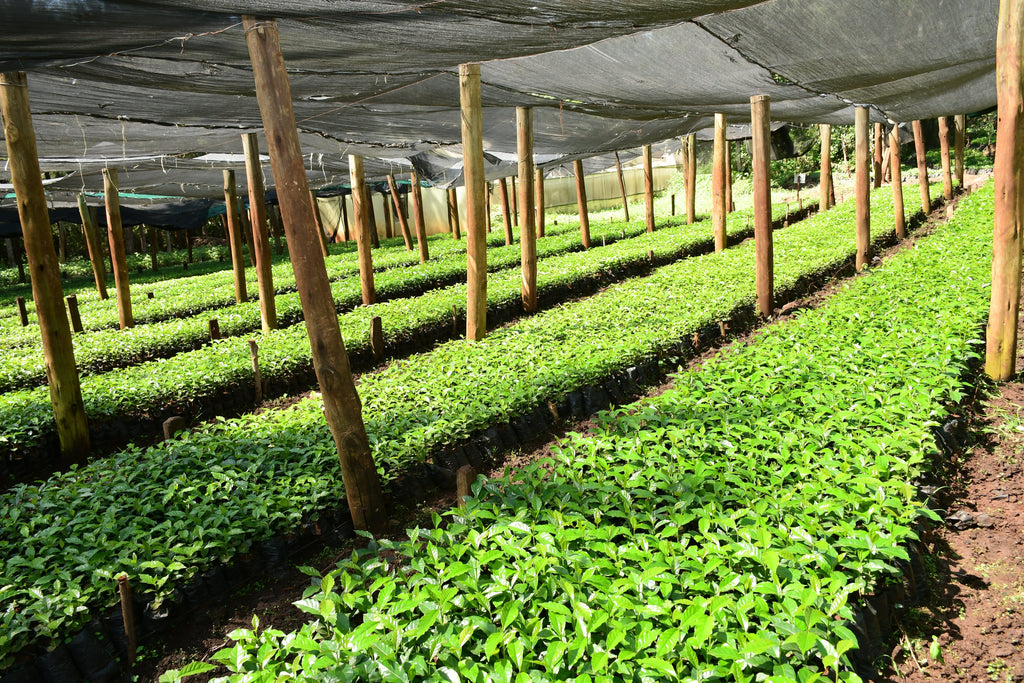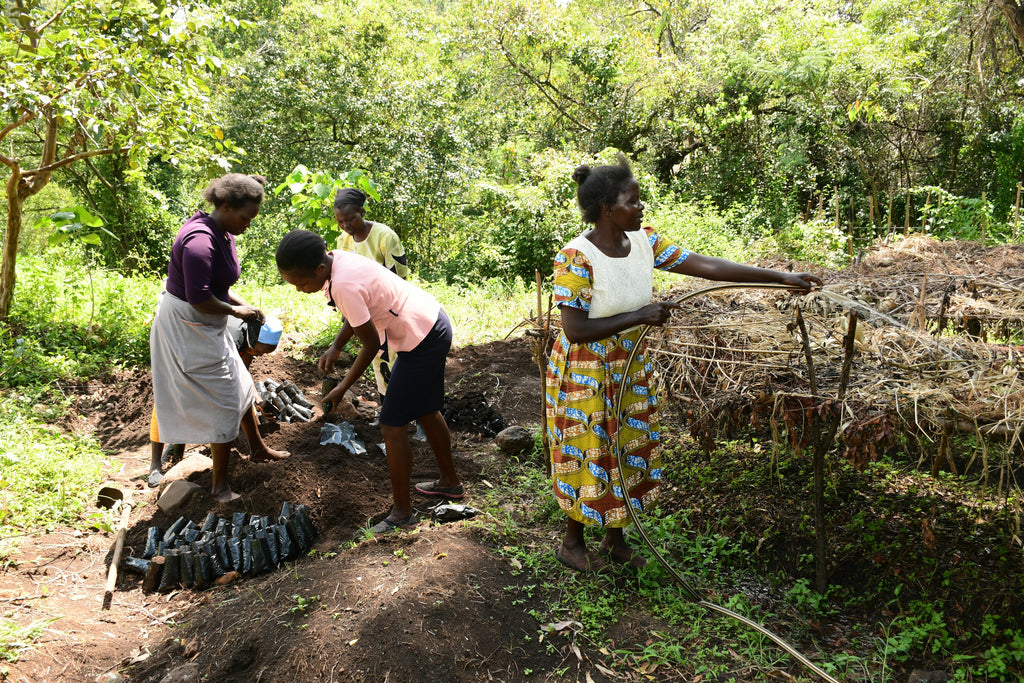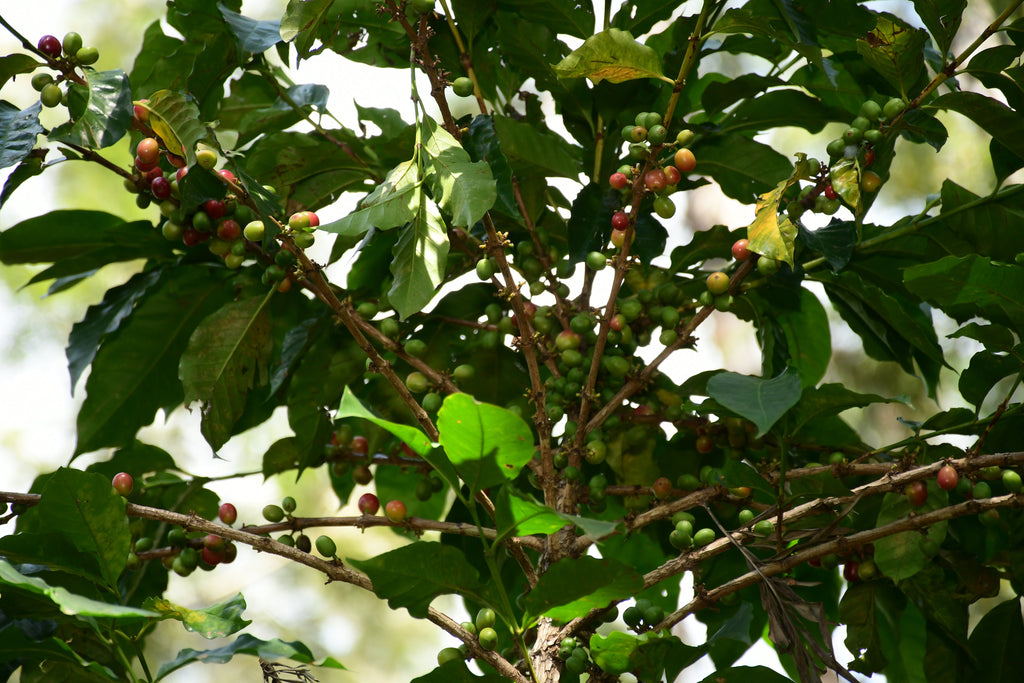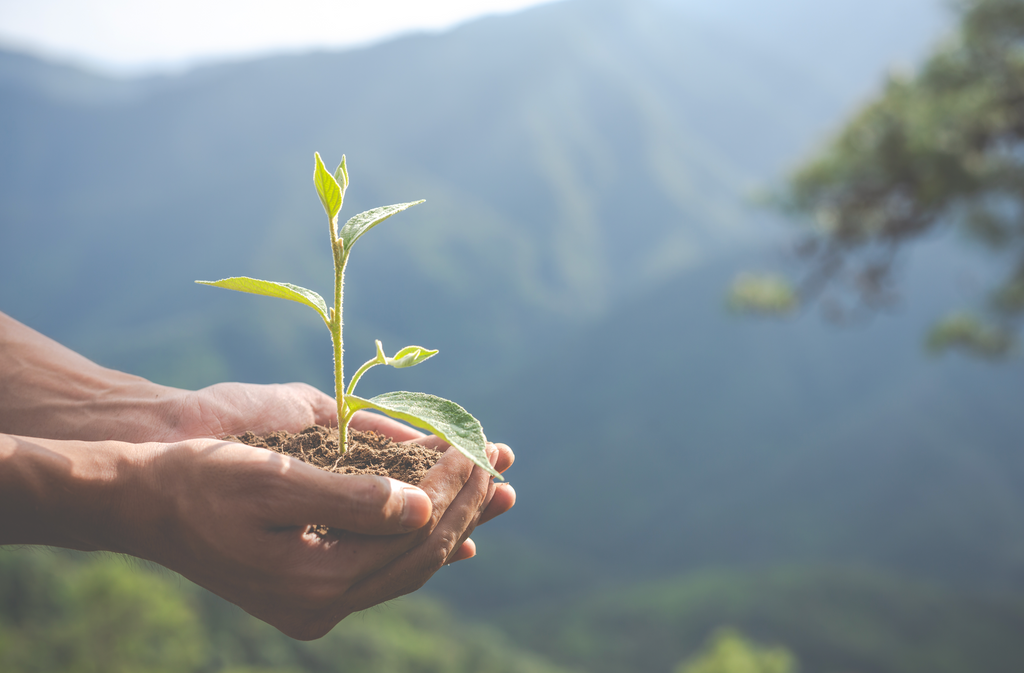
Sustainability in Coffee Production: A Global Effort for a Greener and Fairer Cup

Coffee is undoubtedly one of the world's most beloved beverages and enormously impacts the global economy. The livelihoods of millions of people around the world are dependent on coffee. However, the coffee industry has faced several sustainability challenges, including environmental degradation, social inequality, and economic instability.
In response, coffee farmers, roasters, and consumers have joined hands to promote sustainable practices, fair trade, and environmentally friendly approaches, making significant strides toward a more sustainable coffee industry.
In this article, we will explore the efforts and initiatives taken by key stakeholders to drive sustainability in coffee production. So, stay connected to us and continue reading this helpful article to explore all the helpful information you need to know about sustainability in coffee production.

How is Coffee Grown Without Conserving Nature?
Coffee is mostly grown in the tropics. These areas are home to most of the world's remaining tropical forests. When farmers want to expand their coffee production, the easiest thing they can do is cut down the surrounding forest.
Also, coffee is usually grown on steep slopes, and if proper care is not taken, it can lead to erosion and sedimentation. Furthermore, coffee processing is water-intensive, meaning wastewater can contaminate rivers and streams. When you combine all these methods, coffee production becomes highly unsustainable.

What is Sustainable Coffee?
In simple words, sustainable coffee is coffee grown in a manner that conserves nature and provides a much better livelihood for individuals who grow and process it.
Sustainability in Coffee Production
The following points will help you get detailed knowledge regarding sustainability in coffee production.
Sustainable Farming Practices
Coffee farming is at the heart of the coffee industry. Hence, adopting sustainable farming practices is crucial for long-term viability. Many coffee farmers have shifted towards environmentally friendly approaches to minimize their ecological footprint.
One such approach is organic coffee farming, which prohibits using synthetic fertilizers and pesticides, thus reducing chemical pollution and protecting the health of farmers and consumers alike.
Shade-grown coffee is another sustainable farming method gaining popularity. By cultivating coffee plants under the canopy of diverse trees and vegetation, shade-grown coffee protects biodiversity, provides habitat for wildlife, and reduces the need for artificial irrigation, conserving water resources.
Moreover, regenerative agriculture practices are being embraced. These practices aim to regenerate soil health, increase carbon sequestration, and improve overall farm resilience, ensuring the long-term sustainability of coffee production.

Fair Trade and Ethical Sourcing
Coffee farming is often characterized by social inequality, with small-scale farmers facing challenges in accessing fair product prices.
The livelihood of nearly 120 million people is dependent on coffee production. The majority of them are small-scale farmers. Like all other sectors, coffee buyers want to buy low and sell at a higher price. However, in highly volatile markets, this does not work in favor of farmers, which leads to exploiting workers to maintain low prices.
To meet these artificially low prices, farmers are compelled to cut more forests, use low-quality pesticides, and rely on cheap labor to make more profit.
Fair-trade initiatives seek to address this issue by establishing a minimum price for coffee, which ensures that farmers receive a fair income for their labor and investment, even during market fluctuations.
In addition to fair trade, some coffee roasters and companies have adopted direct trade practices. This involves forming direct partnerships with coffee farmers, cutting out intermediaries, and paying premium prices for high-quality coffee. Direct trade enables farmers to invest in sustainable practices and improve their livelihoods further.

Environmental Stewardship and Conservation
The coffee industry recognizes the importance of preserving natural resources and ecosystems. Initiatives such as Rainforest Alliance and UTZ certification promote environmentally friendly practices, biodiversity conservation, and social responsibility.
Efforts are being made to reduce the environmental impact of coffee processing. Coffee mills ' water treatment and recycling systems help reduce water usage and prevent pollution, safeguarding local water sources.
Climate Change Mitigation and Adaptation
Climate change poses significant challenges to coffee production, impacting crop yields and quality. Coffee farmers and stakeholders are taking steps to adapt to changing climate conditions and mitigate their contributions to greenhouse gas emissions.
Climate-smart agriculture practices, such as planting shade trees and adopting drought-resistant coffee varieties, help build resilience against climate change effects.
Coffee companies also address their carbon footprints through sustainable sourcing and renewable energy adoption. Some roasters have committed to becoming carbon-neutral or even carbon-positive, meaning they offset more emissions than they produce.

Empowering Communities and Social Initiatives
Sustainability in coffee production extends beyond environmental practices; it encompasses social equity and community well-being. Many coffee companies invest in initiatives to empower coffee-growing communities through education, healthcare, and infrastructure development.
Women's empowerment is a growing focus in the coffee industry, recognizing women's vital role in coffee farming. Supporting women with training, resources, and leadership opportunities contributes to more equitable and sustainable coffee production.

